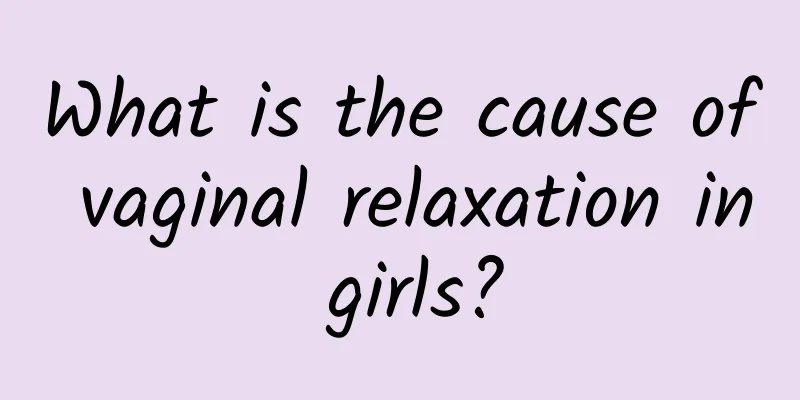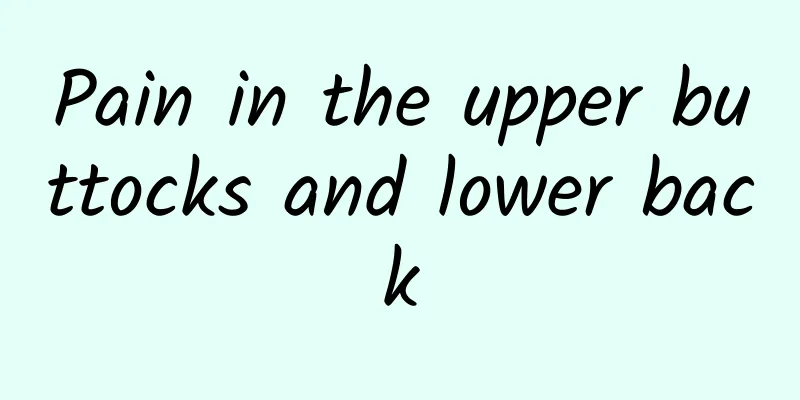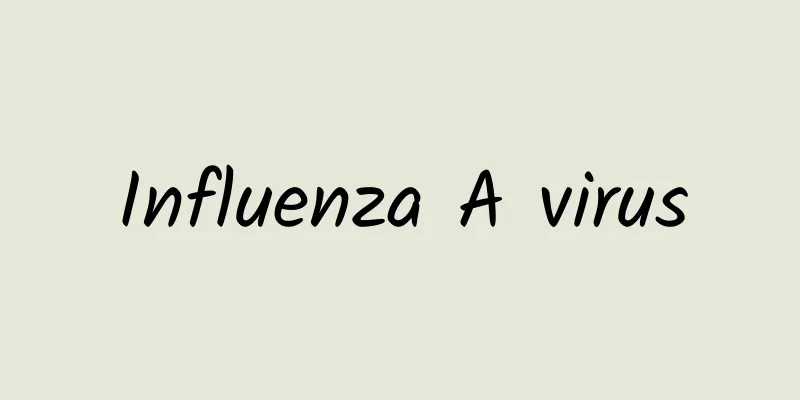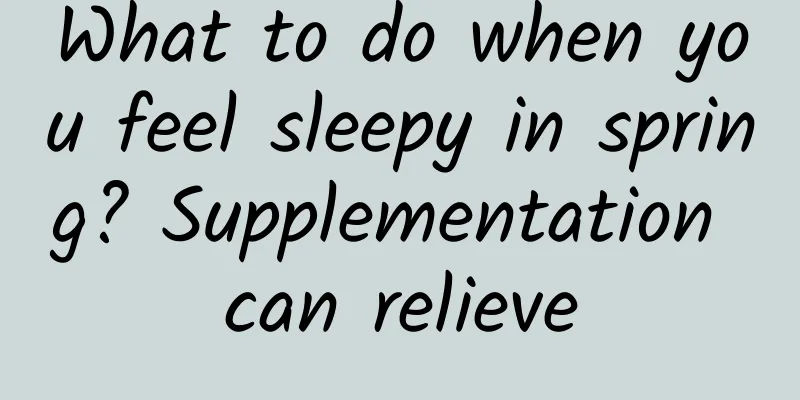What causes pain in the masticatory muscles?

|
If you experience pain in your chewing muscles while eating, you should pay attention to it. There are many reasons for pain in the chewing muscles, such as trauma, minor trauma, etc. In addition, mental stress, cold stimulation, etc. may easily lead to this pain. In addition, you should also pay attention to any abnormalities in the mandibular area, which is also an important cause of pain. You should go to the hospital for examination in time. What causes pain in the masticatory muscles? Trauma, minor trauma, mental stress, cold stimulation, clenching teeth, and bruxism at night can cause direct damage to the chewing muscles. Opening the mouth too wide or keeping it open for a long time due to dental treatment can lead to overactivity of the chewing muscles. Poor restorations or occlusal pads that are too high increase the interocclusal distance, which can lead to excessive extension or lengthening of the masticatory muscles. In edentulous patients, obvious alveolar bone absorption or bilateral posterior tooth loss can cause excessive contraction of the masticatory muscles, eventually leading to muscle fatigue. Diagnostic tests The patient had a history of facial trauma, mental stress, biting hard objects, clenching teeth, bruxism, and sudden occlusal disorder. The clinical diagnosis is mainly muscle palpation. Along the long axis of the masticatory muscles, you can feel cords of stiffness, tenderness or trigger points, and radiating pain. The mouth opening is limited, and myofascial pain occurs with passive mouth opening, but the mouth opening can be increased. Diagnostic blocking of nerves and muscles can make the pain go away. Clinical, joint X-ray and biochemical examinations showed no pathological changes in the temporomandibular joint. Safety Tips 1. Treatment measures: (1) Correction of occlusal relationship should be examined and treated by a dental specialist; (2) Blockade therapy can be performed with 3 to 5 ml of 0.25-0.5% procaine for lateral pterygoid muscle blockade. The puncture point is at the midpoint of the sigmoid notch. The needle is inserted vertically to a depth of about 2.5 to 3 cm. The medicine is injected when no blood is aspirated. Often used for patients with wide mouth opening. (3) Ethyl chloride spray combined with massage can relieve masticatory muscle spasms. When spraying ethyl chloride, it should be in mist form, spray intermittently, and massage at the same time to prevent frostbite. And pay attention to protect your eyes and ears and stay away from fire. 2. Acupuncture points: Xiaguan, Tinggong, Jiache, Hegu, Peiyifeng and Taiyang. 3. Local physical therapies such as ultrashort wave, ion introduction, electrical excitement and magnetic therapy have certain therapeutic effects. 4. During treatment, correct bad habits (such as unilateral chewing) and prevent the mouth from opening too wide. |
<<: What is the cause of the paint cover pain
>>: What medicine should I take for painful urination?
Recommend
What are the types of measles?
No matter which type of urticaria, once it occurs...
What is the good Chinese medicine remedy for spontaneous sweating and night sweats?
It is normal for people to sweat when it is hot. ...
The efficacy of the medicinal material Panax notoginseng
Panax notoginseng has many names. When you see na...
Composition of Qiwei Baizhu powder
Ju Rui Si Jun Zi Tang is sweet and warm in nature...
Clinical manifestations of clavicle tumors
The clinical manifestation of clavicle bone tumor...
Acupuncture points to improve vision
When using electronic products or studying or wor...
What medicine to take for mild impotence
Mild impotence means that the symptoms of impoten...
My heartbeat sometimes feels heavy
The heart suddenly feels beating very heavily. Th...
When does the first baby come into the pelvis?
Pregnancy is a big event for women. The whole pre...
Brown bleeding after menstruation
People will not have any secretions after the men...
Bilateral axillary accessory breast
Having accessory breasts in both armpits is a rel...
How much do you know about pedicure?
With the improvement of living standards, people ...
How to regulate spleen and stomach qi deficiency? Chinese medicine has tricks
Traditional Chinese medicine believes that the sp...
Menstruation comes one week earlier every month
If your period comes a week earlier every month, ...
Symptoms of brain tumor in 7-year-old children
Brain tumor is a common brain disease that affect...









